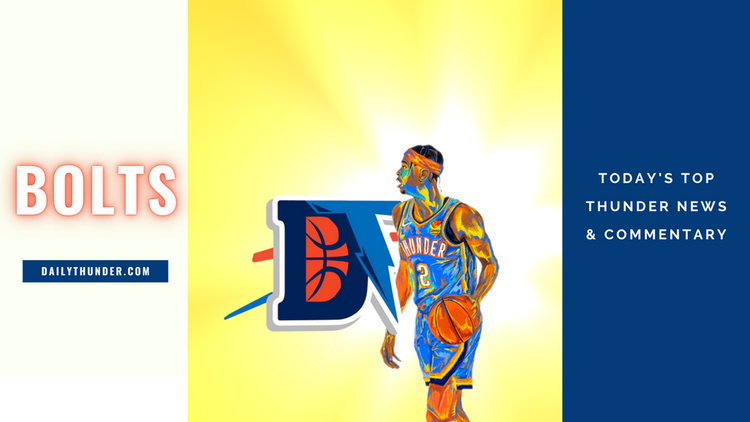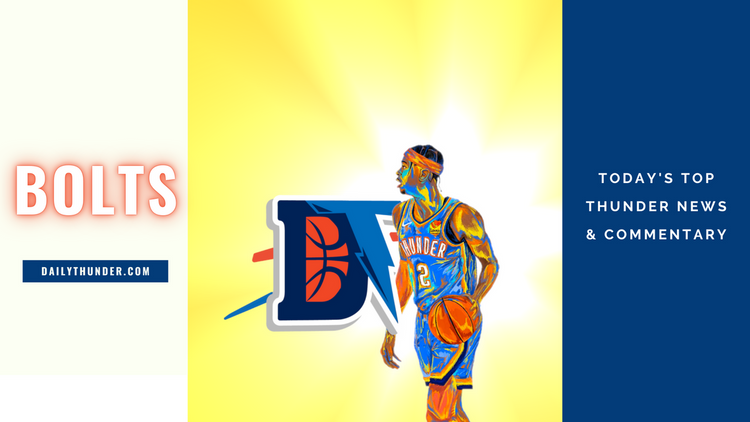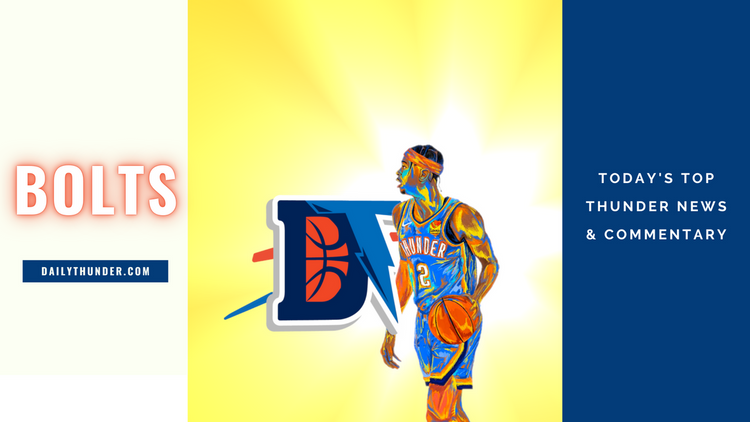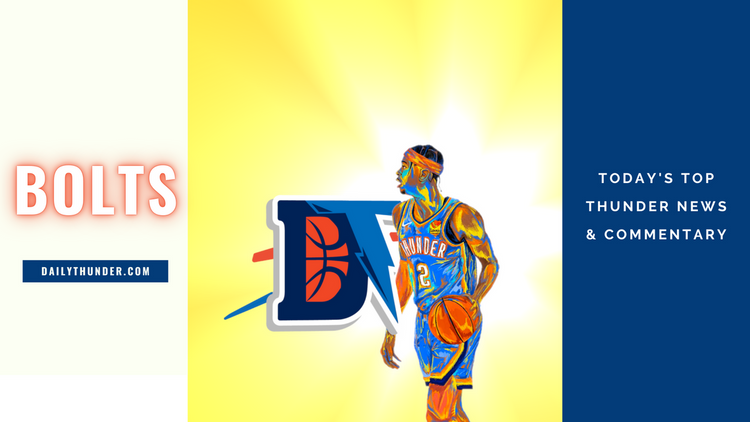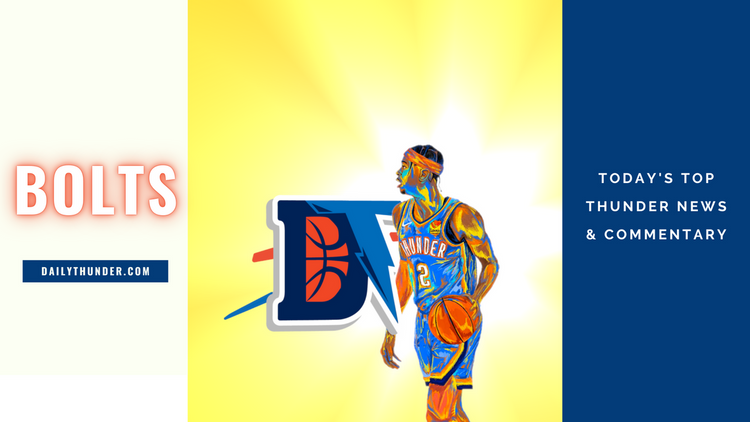Thursday Bolts – 4.4.13


Rob Mahoney of SI.com on the clutch: “Miami may make for the best clutch collective and James the best all-around endgame performer, but there are three others who rate a clear cut above the rest of the field when it comes to late-game scoring proficiency: Kyrie Irving, Kobe Bryant and Kevin Durant. None should come as much of a surprise; all three of these players have forged reputations as steely fourth-quarter scorers, and that esteem is validated by daunting per-minute scoring numbers in clutch situations. Irving ranks tops in the league with 41.3 clutch points per 36 minutes, but Durant (38.6) and Bryant (38.2) aren’t far behind. Still, that threeish-point margin doesn’t fairly indicate the discrepancy between Irving and the rest of the field. Although all three players have comparably ridiculous usage rates in clutch situations, Irving does his damage while shooting 47.8 percent overall, while neither Durant nor Bryant make more than 42 percent of their shots in the clutch. That, ladies and gentlemen, is bonkers.”
Henry Abbott of TrueHoop on superstar calls: “Kobe Bryant draws a foul on an opponent every 6:36 he plays, and he plays a lot. Referees have called whoever is guarding Bryant for 30 fouls already this season just against the Thunder. Makes you wonder how the Thunder could ever win a game against the Lakers, until you realize Durant gets even more calls than Bryant — one for every 5:50 he plays. Over just four Thunder vs. Lakers games this year Bryant and Durant have combined to draw 60 fouls and shoot a mighty 87 free throws. The dead ball eternity of those walks to the line has done little to endear fans to the game.”
Kevin Ware talks about the support he’s received, including from Kevin Durant.
How far do basketball players run in a game? Via Gizmodo: “There’s an old wives’ tale that the average NBA player will run five miles every game. Not quite. Many NBA teams have started using a system called SportVU, a specialized motion tracking system that enabling teams to get far more detailed stats about their players. In the 2012 season, the player that ran the farthest per game was Luol Deng of the Chicago Bulls, who averaged 2.72 miles per game. That’s no where near the five mile myth, but considering how much of that is sprinting, it’s still very impressive.”
Potential first round Thunder opponents.
Abbott writing smart stuff on Seattle play for a team: “Here’s my question, though, and it’s an honest one: Could it really have gone better? Is there a good way to steal a team and move it from one city to another? Or is that just kind of how the sausage gets made? This matters now, of course, because Seattle is in the thick of it, hoping it’ll soon be backing up moving trucks to the loading docks in Sacramento, Calif., where another passionate fan base has hearts in throats. It is not a crime to want an NBA team. Who can second-guess Oklahoma City, Sacramento or Seattle for that? Are there things that are off-limits, however, in how you get one? Seattle has led the league for five years on the issue of “that’s not how you treat loyal fans.” So, Seattle, how do you treat loyal fans?”
ESPN Stats and Info: “Russell Westbrook’s 32.1 usage percentage ranks second to Carmelo Anthony (min five games played). In the two losses against the Spurs, Westbrook averaged 37.4 usage percentage and 26.5 in the Thunder’s lone win. In all three games, he attempted more shots than Kevin Durant despite playing less minutes. The Thunder are 19-5 when Westbrook’s usage percentage is less than 30.0 percent.”
Darnell Mayberry: “Role players historically perform better at home as opposed to on the road. Last year, Leonard, Green and Splitter combined to average 20.3 points, 14.3 rebounds and 3.7 assists in the Spurs’ three conference finals home games. They mustered just 11.6 points, 8.7 rebounds and two assists in Oklahoma City. Some of the drop-off was a result of Splitter and Green being benched. But their benching also was a byproduct of their drop-off. Given all that has changed since June, grabbing home-court advantage ultimately could be the Thunder’s saving grace in a potential rematch with the Spurs. And this final meeting Thursday night very well could be the contest that decides it.”

